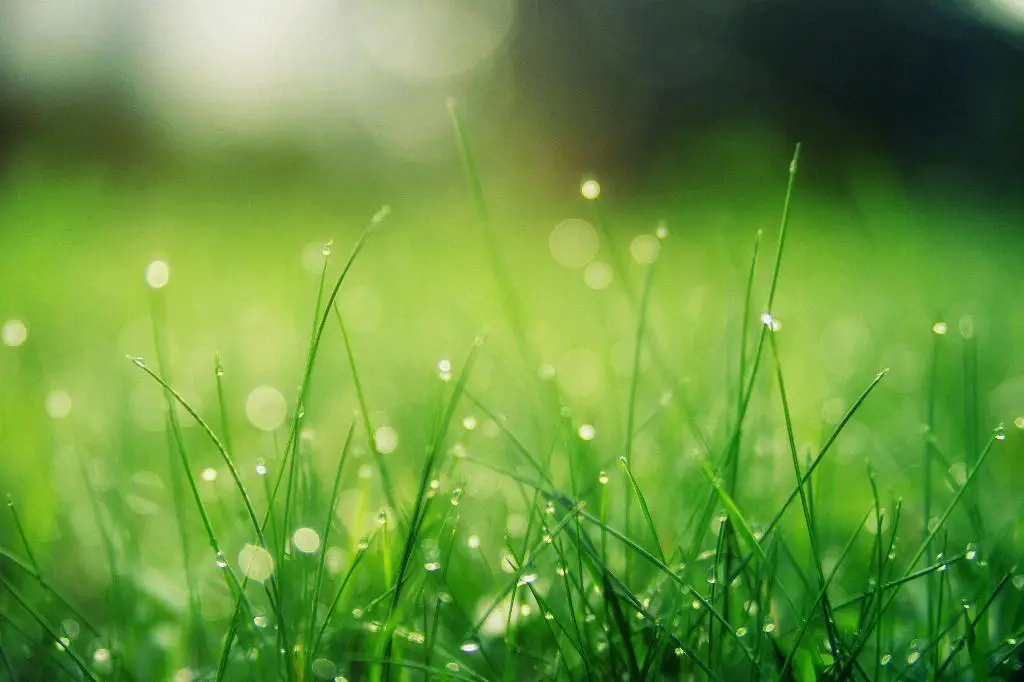When it comes to the age-old question of whether you should leave leaves on your lawn, the answer may surprise you. Despite the common practice of raking and bagging leaves to maintain a neat appearance, there are actually benefits to leaving them on your lawn.
One key reason to leave leaves on your lawn is that they can act as a natural fertilizer. As leaves break down, they release essential nutrients into the soil, nourishing your grass and promoting a healthier lawn. This natural process can save you time and money on store-bought fertilizers, while also reducing the need for harmful chemicals that can harm the environment.
In addition to providing nutrients, leaving leaves on your lawn can also benefit wildlife. Many insects, birds, and other small creatures depend on leaf litter for food and shelter. By leaving leaves on your lawn, you create a habitat for these critters, supporting biodiversity and enhancing the overall health of your ecosystem.
Furthermore, leaving leaves on your lawn can help improve soil health. As leaves decompose, they add organic matter to the soil, improving its structure and water retention capabilities. This can lead to better drainage, reduced erosion, and overall improved soil fertility.
It’s important to note that not all leaves are created equal. Some types of leaves, such as those from black walnut trees or diseased plants, can harbor pests and diseases that may harm your lawn. In these cases, it may be best to remove these leaves to prevent potential issues.
Another consideration when deciding whether to leave leaves on your lawn is the size of your property. If you have a small lawn with a light leaf cover, leaving the leaves may not be a problem. However, if you have a larger lawn with a thick layer of leaves, it may be beneficial to mow over them to shred them into smaller pieces, which can help them break down more quickly.
While leaving leaves on your lawn can offer numerous benefits, there are some potential drawbacks to consider. One concern is that a thick layer of leaves can block sunlight and air circulation, potentially leading to mold, pests, and disease. To mitigate this risk, it’s important to monitor the amount of leaves on your lawn and adjust your approach accordingly.
Additionally, some homeowners associations or local ordinances may require you to remove leaves from your property. If this is the case, you may need to find alternative ways to dispose of your leaves, such as composting or mulching.
In conclusion, the decision of whether to leave leaves on your lawn ultimately depends on your individual circumstances. By weighing the benefits of natural fertilization, wildlife habitat support, and soil health against the potential drawbacks of reduced sunlight and air circulation, you can make an informed choice that is best for your lawn and the environment. Remember, a balance between nature and maintenance is key to achieving a healthy and thriving lawn.

